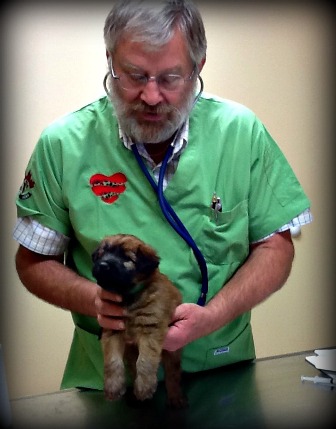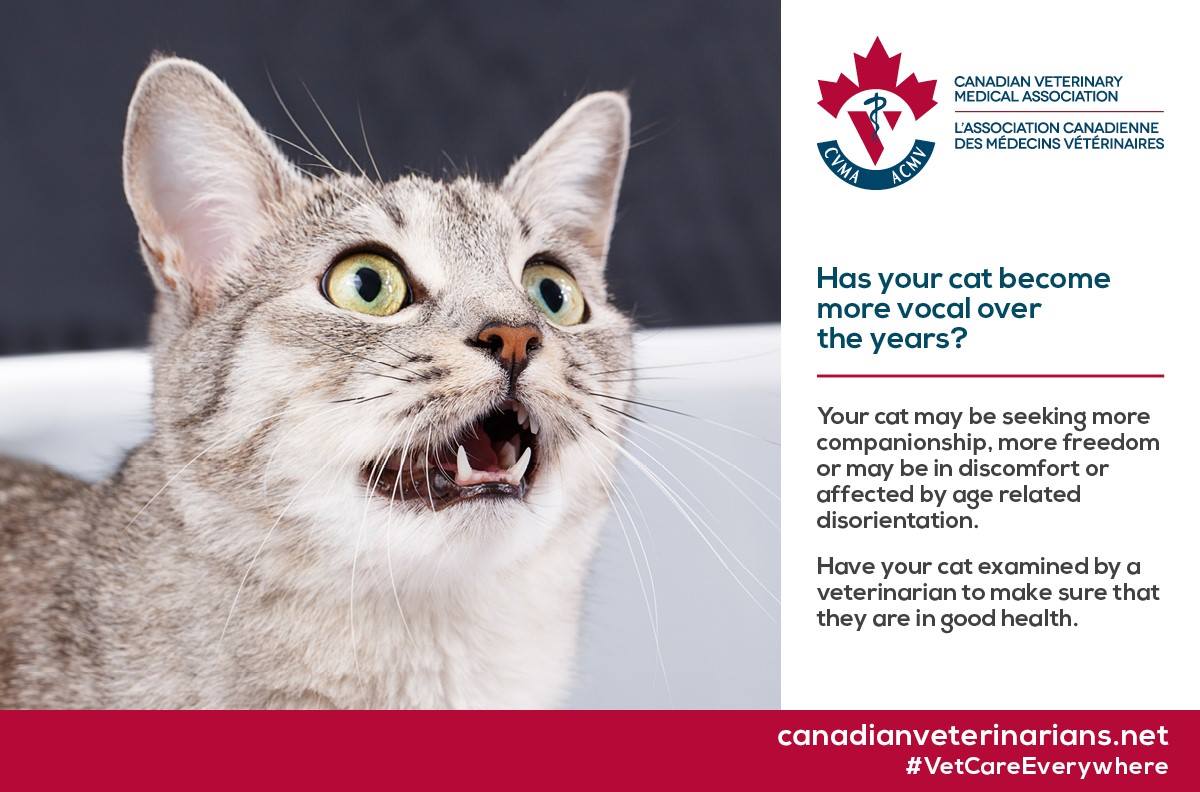
A complete medical assessment begins with a thorough general physical examination whereby your pet’s eyes, ears, teeth, mouth, skin, lings, cardiovascular, neurological, gastrointestinal and skeletal system are examined for any abnormalities. Blood tests can be performed as necessary to assess the proper functioning of your pet’s kidneys, liver, pancreas, and endocrine system including the thyroid gland and adrenal glands. Urine tests can detect similar problems. Depending on your pet’s condition, we may recommend further diagnostic tests such as radiography (X-rays), endoscopy (internal scoping), ultrasound or surgery. In some cases specific diagnostic tests may need to be done to determine the primary cause of your pets problems and to establish a definitive diagnosis and treatment health care plan,
Pets, especially cats are great at keeping illness secret. Many abnormalities or symptoms are common to a number of different disease syndromes. Contact us if your pet is showing any of the following clinicl signs. It could mean it’s hiding subclinical illness:
- Diarrhea &/or Vomiting
- Coughing &/or Sneezing
- Change in Appetite or Weight
- Change in actiivity level, lethargy
- Change in water consumption
- Change in urination frequency, amount or colour
- Change in attitude or responsiveness
- Bad breath or trouble chewing
- Itchy skin or ears, scratching lots, hair loss, greasy coat
- Stiffness trouble walking or jumping
- Lumps or Bumps under skin

